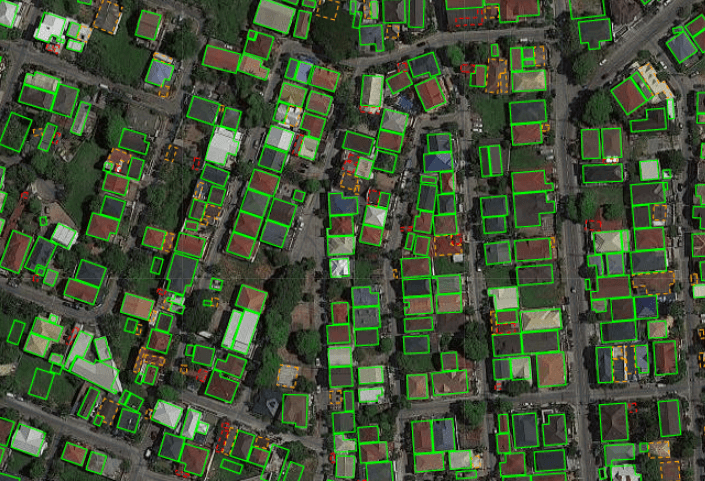The Open Buildings dataset, created by Google Research Africa and offered completely free of charge, provides detailed information on over 1.8 billion structures across Africa, Asia, Latin America, and the Caribbean.
This dynamic dataset delivers up-to-date information for the first time in many of these regions, enabling governments, NGOs, and startups to better understand population needs, plan clinics, design infrastructure, and deliver aid more efficiently and equitably.
As a result, access to services for disadvantaged communities becomes significantly easier.
Rwanda: Improving Healthcare Accessibility
Two recent initiatives in Rwanda and northern Nigeria have demonstrated how impactful projects can emerge from this data.
The Rwandan Ministry of Health aims to ensure that every citizen can reach a healthcare facility within 30 minutes. However, outdated settlement maps had made this goal difficult to achieve.
To overcome this challenge, Sand Technologies used the Open Buildings dataset to develop a new Health Planning Tool.
This tool calculates travel times to the nearest clinics, helping to identify the most optimal locations for new healthcare facilities.
Nigeria: Reaching “Zero-Dose” Children
In addition, health workers in northern Nigeria face challenges reaching children aged 12 months and older who have not yet received their first Penta 1 vaccine.
To address this issue, WorldPop from the University of Southampton partnered with the African Field Epidemiology Network (AFENET).
They are using the Open Buildings dataset to tackle the problem by identifying hidden communities and improving vaccine outreach.
Expanding Use Beyond Healthcare
The Open Buildings data is also used by solar energy developers, disaster response teams, and urban planners.
These groups rely on the dataset to design solar mini-grids, coordinate emergency aid, and better understand settlement patterns for improved urban planning.



